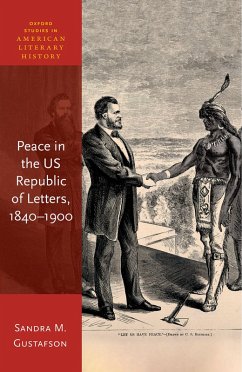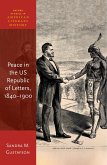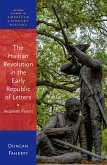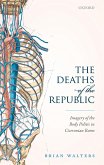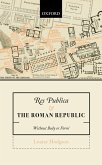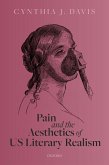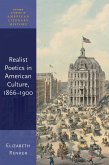Peace in the US Republic of Letters, 1840-1900 explores the early peace movement as it captured the imagination of leading writers. The book charts the rise of the peace cause from its sources in the works of William Penn and John Woolman, through the founding of the first peace societies in 1815 and the mid-century peace congresses, to the postbellum movement's consequential emphasis on arbitration. The Civil War is the central axis for the book, with three chapters organized around readings of novels by James Fenimore Cooper, Harriet Beecher Stowe, and Nathaniel Hawthorne spanning the period from 1840 to 1865. Cooper had personal connections to the movement and thought deeply about the issues it addressed. Literary interest in peace at times overlapped with abolitionism, as was true for Stowe. And, in the case of Hawthorne, attention to peace advocacy arose out of a mixture of skepticism regarding perfectionist impulses, a desire to explore the nature and limits of violence, and fear of civil conflict. The volume also explores fiction engaged with problems that arose in the aftermath of that war, including novels by Henry Adams and John Hay on political corruption and class conflict; works on the failures of Reconstruction by Albion Tourg?e and Charles Chesnutt; and the varied treatments of Indigenous experience in Helen Hunt Jackson's Ramona and Simon Pokagon's Queen of the Woods. All of these writers focused on issues related to the cause of peace, expanding its thematic reach and anticipating key insights of twentieth-century peace scholars.
Dieser Download kann aus rechtlichen Gründen nur mit Rechnungsadresse in A, B, BG, CY, CZ, D, DK, EW, E, FIN, F, GR, HR, H, IRL, I, LT, L, LR, M, NL, PL, P, R, S, SLO, SK ausgeliefert werden.

